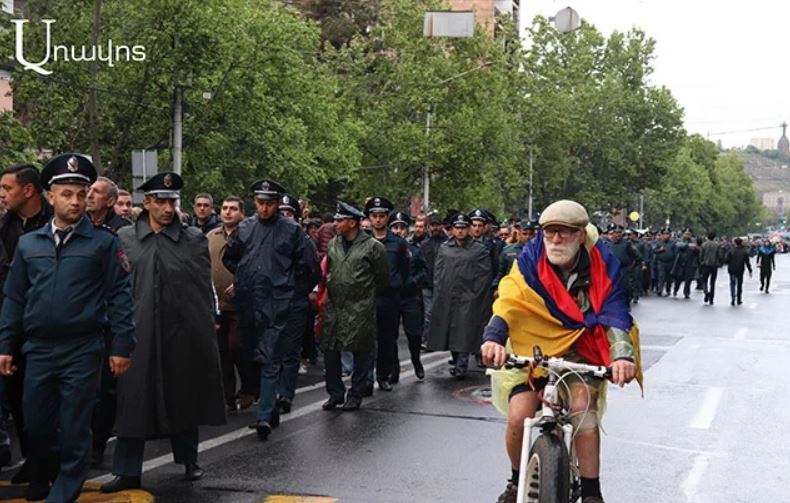Since about the beginning of 1992, the opposition in Armenia has been holding demonstrations demanding the resignation of the country’s first person and a change of government. All this time I am often asked how it will end, whether there will be a change of government or not. My constant answer is that it has no fundamental significance. A change of government in this and similar ways will not change the system.
The system, in my opinion, will change if the government changes through elections. Such a thing has not happened in Armenia yet. After the president’s resignation in 1998, real power passed to the prime minister, and making him president through elections was a purely technical issue. In May 2018, as a result of a street struggle, real power was transferred to the new Prime Minister, and the December elections of the same year fixed that situation.
In 2008, the presidency was transferred from one person to another, but power, that is, the political and economic elite, clearly did not change. Now, if we assume only theoretically that Pashinyan will resign, then there will be two options: 1) he will retain real power and in that case will be reproduced, which has already happened once, 2) power will pass to those who are now protesting in the streets, and the upcoming elections will once again fix that changed situation.
A stable door to systemic change is created when the ruling X party loses to the Y opposition party in the elections, the public accepts the election results, and X and Y change places peacefully, without any shocks. Something similar happened in Ukraine. Volodymyr Zelenskyy is strong not because he is a genius military leader or an exceptional statesman. He simply won against Poroshenko in the elections, not in a street fight. The defeated candidate accepted the election results, and now this situation allows him to mobilize the society to resist foreign aggression. When the government changes with a street fight and a promise of a steel mandate (that is, revenge), it, on the contrary, divides the society, blocks the possibility of mobilization. If the government in Armenia changes this time through street struggle, the main slogan will again be revenge (for example, against the pro-Turks), it will also leave the system unchanged.
Read also
The main issue that has interested me during these three decades of protests is the lives and health of the protesters. During this period, the police acted with constant brutality, using disproportionate force and “merging” with the oligarchs’ bodyguards. The culmination of that practice was, of course, March 1, 2008, when the atrocity turned into a murder. The repeated behavior of the police, which is also manifested during this recent demonstration, is a characteristic phenomenon, an indicator of an unchanging system. Since it remains the same for the corrupt, the “pure angels,” the elect, and the unelected, there is reason to believe that the above differences are not sufficient to build a normal state.
Aram Abrahamyan




















































